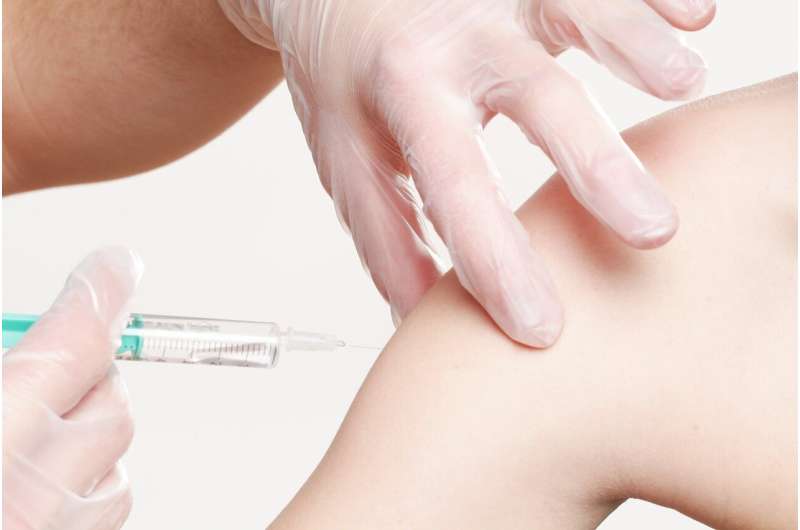UK to Launch Gonorrhea Vaccine Program to Combat Antibiotic Resistance

The UK is launching a pioneering gonorrhea vaccination program using an existing meningococcal vaccine to help reduce infections and combat rising antibiotic resistance.
A new vaccination initiative targeting gonorrhea is set to be introduced within the National Health Service (NHS) in the UK, positioning England and Wales as the first nations worldwide to deploy such a program. This development responds to a concerning rise in gonorrhea cases and the escalating challenge of antibiotic-resistant bacterial strains. In 2023, over 85,000 cases were diagnosed in England alone, marking a 234% increase compared to 2012 when approximately 25,500 cases were reported.
Gonorrhea, caused by the bacterium Neisseria gonorrhoeae, remains the second most common sexually transmitted infection in the UK. It is primarily transmitted through unprotected sexual contact, with many infected individuals showing no symptoms, thus facilitating unnoticed spread. When symptoms occur, they often include abnormal penile or vaginal discharge—typically yellow or green—pain during urination, and abdominal discomfort. If untreated, gonorrhea can lead to serious complications such as infertility, pelvic inflammatory disease in women, epididymitis in men, and in rare cases, systemic infections like sepsis.
The current standard treatment involves antibiotics; however, the rise in antibiotic resistance poses a significant threat to effective management, prompting the search for alternative preventative measures. The new vaccination program will utilize an existing vaccine called 4CMenB, originally developed to protect against meningococcal group B disease, which can cause severe meningitis and sepsis.
Interestingly, Neisseria gonorrhoeae is genetically related to Neisseria meningitidis, sharing between 80-90% of their genetic material. The 4CMenB vaccine contains four antigens effective against N. meningitidis; notably, two of these are also present on N. gonorrhoeae. This similarity allows the vaccine to induce an immune response that can provide partial protection against gonorrhea, with studies estimating effectiveness between 32% and 42%.
While vaccination does not guarantee complete immunity, it is expected to significantly decrease infection rates and reduce transmission. The vaccination campaign will target groups at higher risk, including men who have sex with men and individuals with multiple partners or recent sexually transmitted infections. From August 2025, eligible individuals will be invited to receive the vaccine through local NHS services, alongside other vaccines like hepatitis A and B, mpox, and HPV.
Cost-effectiveness analyses suggest the program could prevent up to 100,000 gonorrhea cases and save the NHS over £7.9 million over a decade if vaccine uptake is high. Overall, this vaccination effort aims to curb the increasing incidence of gonorrhea, particularly in the context of rising antibiotic resistance, and improve public health outcomes in the UK.
For more information, source: https://medicalxpress.com/news/2025-05-gonorrhea-vaccine-uk-sti.html
Stay Updated with Mia's Feed
Get the latest health & wellness insights delivered straight to your inbox.
Related Articles
Debate Sparks Over Pediatric Care and Parental Vaccine Opposition
A heated debate unfolds in Florida over ending vaccine mandates, challenging pediatricians on whether to treat children whose parents oppose vaccinations amid growing concerns over public health and personal freedoms.
Potential Liver Protection by GLP-1 Receptor Agonists During Alcohol Consumption
New studies reveal that GLP-1 receptor agonists may protect the liver by reducing toxic alcohol metabolites and altering alcohol metabolism, with potential implications for people drinking while on these medications.



